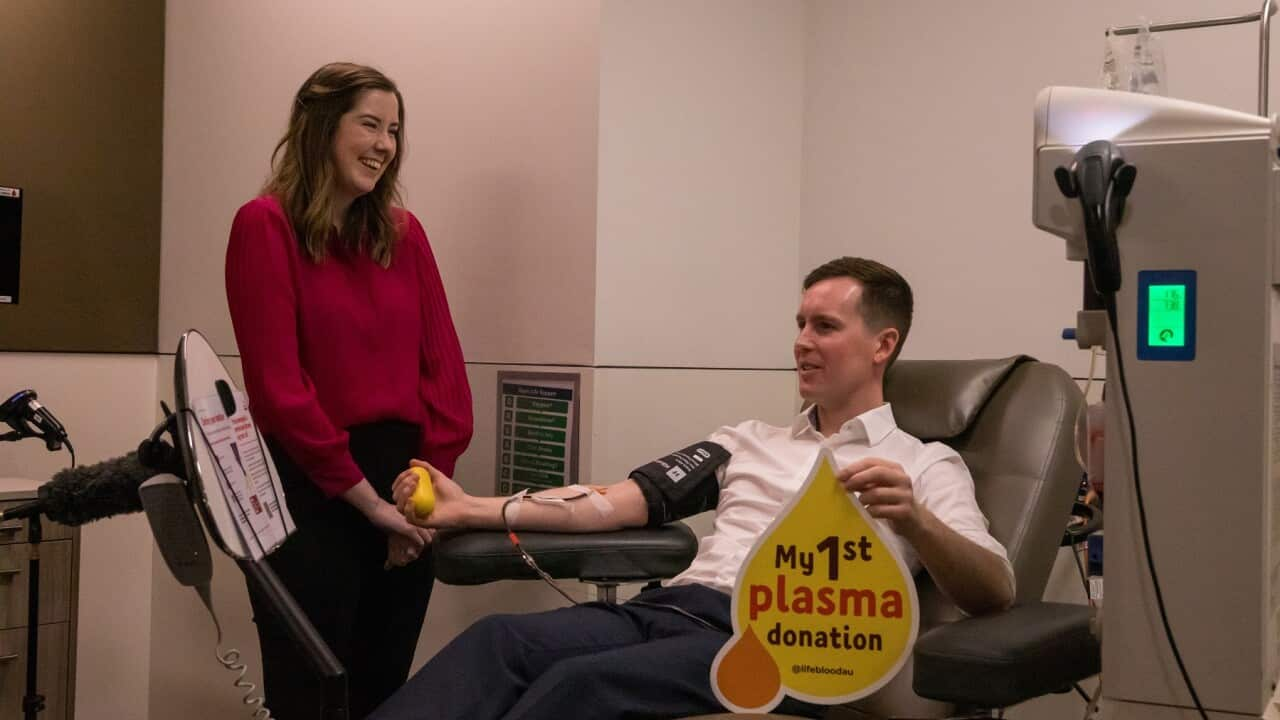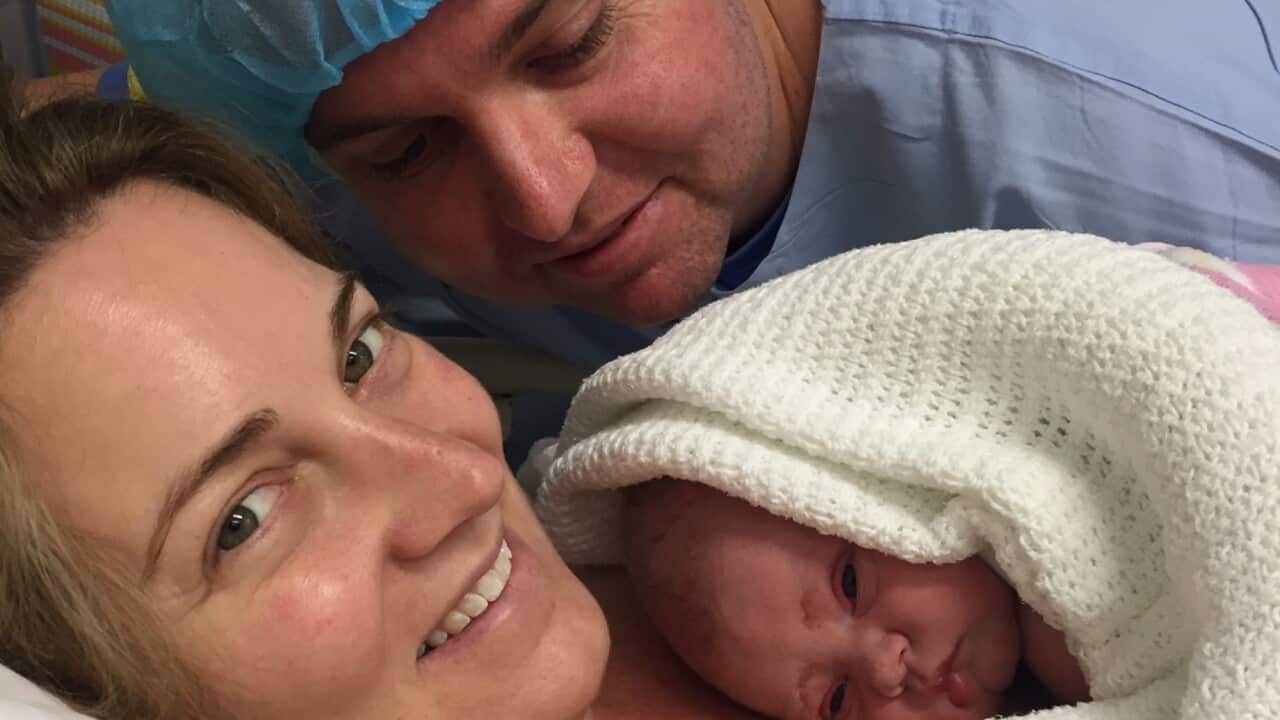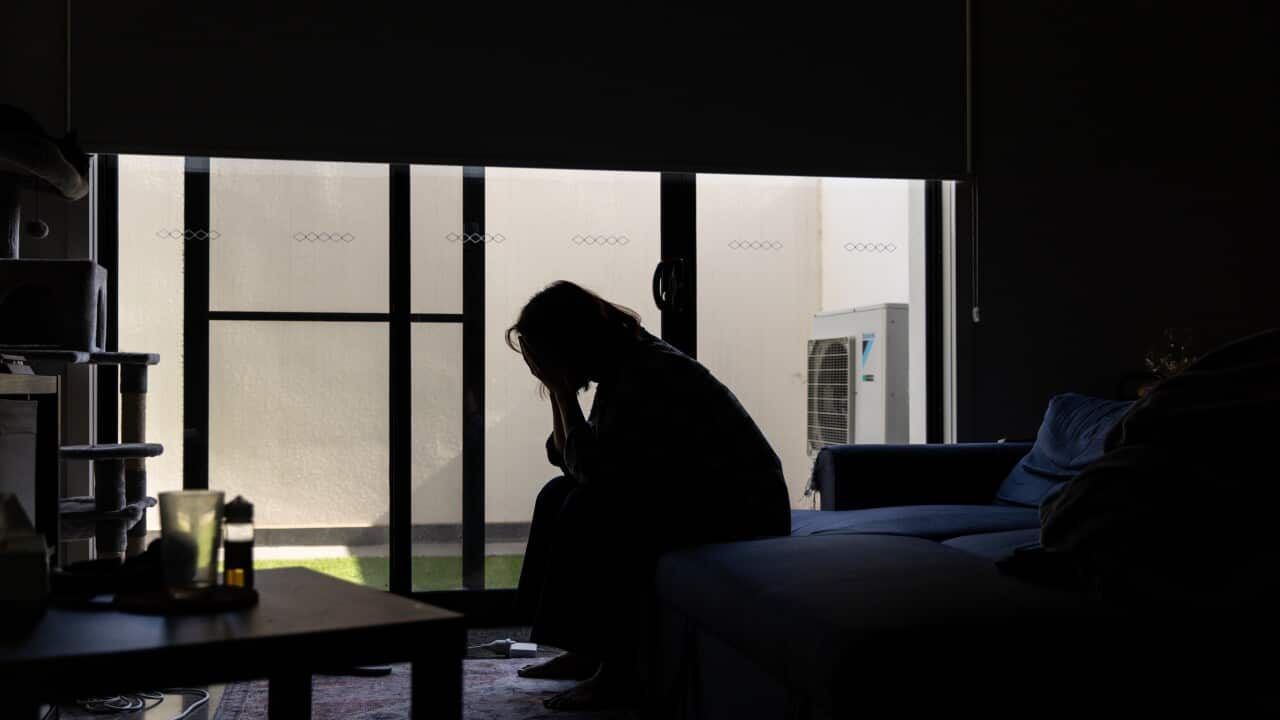TRANSCRIPT:
The last time Chris Steel donated blood was decades ago.
When the Red Cross later called, asking him for another donation, he says it was like coming out all over again.
"I had to say, look, I know I can't donate. I'm gay. I'm sorry. And you know, it is one of those things that you don't want to have to necessarily confront it's a difficult conversation to have."
The A-C-T's Treasurer has been pushing for blood and plasma donation rules to be changed since entering politics.
Today, he's one of 625,000 Australians now eligible to donate plasma as sexual activity restrictions blocking most gay and bisexual men from giving the liquid part of blood are lifted.
"After the marriage equality non binding plebiscite result and the changes to marriage equality laws, people were looking at other forms of discrimination that existed in society, and this was one that I think a lot of people came up against and recognised, but it wasn't one that could be changed overnight."
Lifeblood estimates the new 'plasma pathway' will lead to an additional 95,000 plasma donations a year.
It marks the end of restrictions that began in the 1980s, as Dr Skye McGregor from the Kirby Institute explains.
"HIV transmission through blood transfusions prompted an urgent public health response. And so Australia, like many countries around the world, introduced an indefinite deferral for men who have sex with men, and this because they're the population who've historically been most impacted by HIV in Australia, and at this time, there was no HIV testing."
As HIV testing advanced, the total ban was lifted and replaced with a suspension period.
"The deferral for men who have sex with men decreased from indefinite to 12 months in 2000. And then in 2021 this was reduced to three months since last sexual activity, however, really didn't take into account that there was lower risk groups."
From 14 JULY, potential plasma donors will only be asked one sexual-activity related question, with people who have had sex with someone who have been found to have HIV, hepatitis B or C, or HTLV in the last three months unable to donate.
And while men and transgender women donating blood will still be asked if they have recently had sex with men, there's a plan for that to end, with a gender neutral screening question to be introduced next year.
Once implemented, all donors will be asked the same questions, with most people in monogamous sexual relationships able to donate.
Instead, anyone who has recently had anal sex with new or multiple partners will be unable to donate, regardless of gender.
Dr McGregor says that reflects the potential risks.
"Unprotected anal sex carries a higher risk of HIV transmission compared to other sexual activities, and this is particularly if it's a receptive anal intercourse, and this is because there's a risk of tears and abrasion in the anal passage, and it makes it easier for HIV to enter the bloodstream."
For people like Hayley Teasdale, it's also a big day.
"It's pretty hard to put into words just how important these donations are for my life. Before I received the plasma products, I was incredibly unwell, spending a lot of time in bed in hospital, always recovering from some kind of illness, and I'm able to live a full and active life. I have a job that I love, a family that I get to spend so much time with a beautiful, three year old daughter who keeps me very busy that without this plasma, I would not be able to keep up with it's honestly just given me a whole life I never thought was possible for a while there."
The 33 year old relies on 100 plasma donations a year for her medication to treat a rare immune deficiency.
"It's just such a huge moment for a community that's been just wanting to donate for so long. And it's moved me to tears to listen to Chris speak about that, and I'm so excited for all our new donors."













